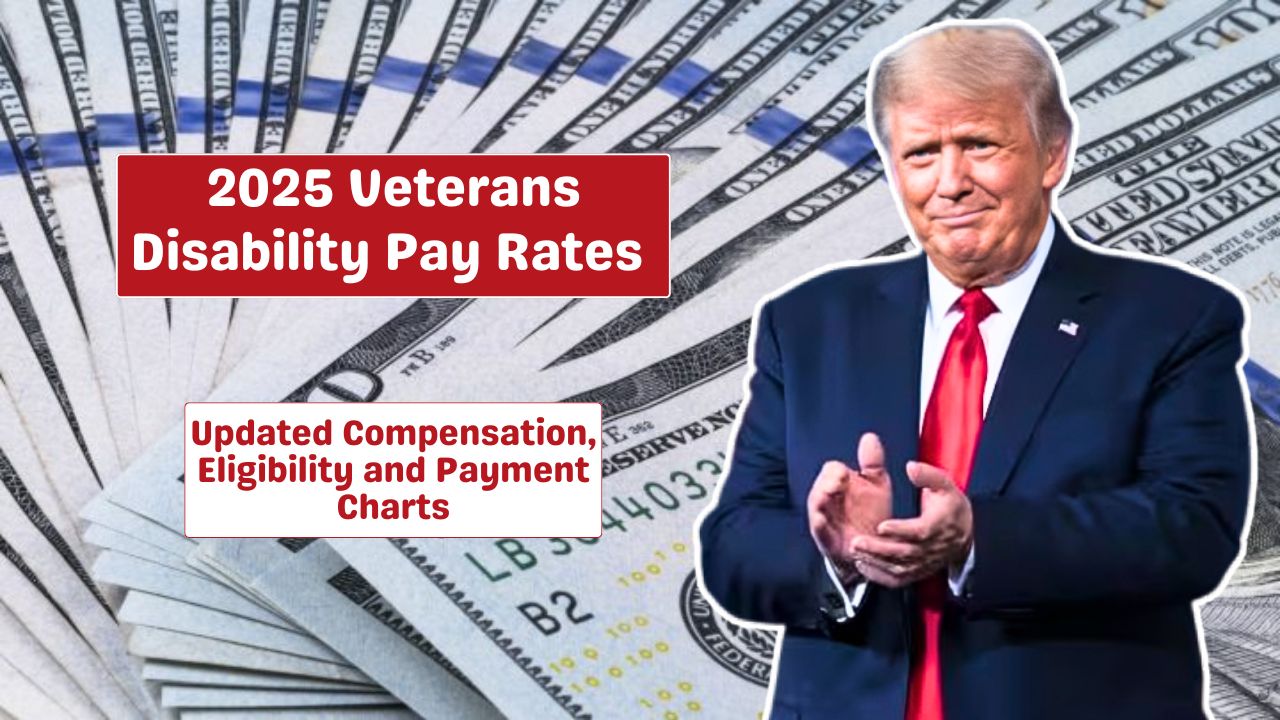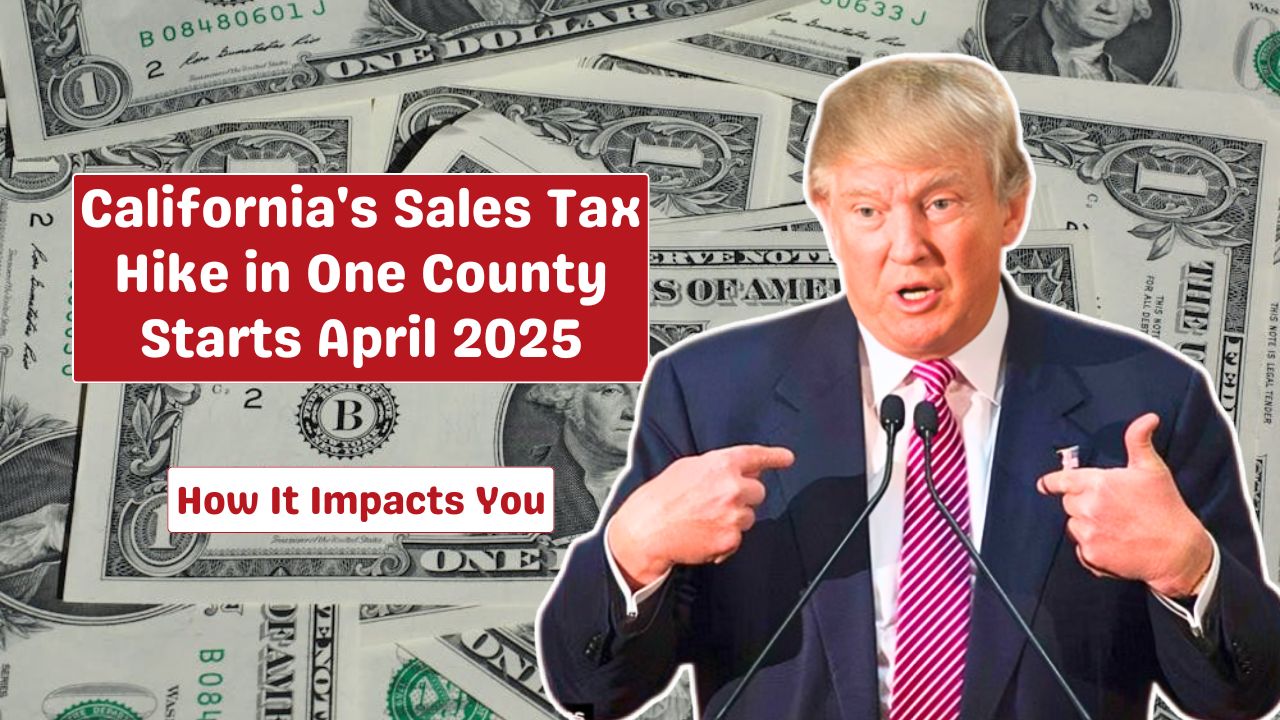The Social Security Fairness Act has gained significant momentum, passing the House of Representatives with bipartisan support and backed by over 60,000 signatures on a petition urging Congress to act. However, the bill’s success hinges on Senate approval. Let’s look into the proposed changes and their potential impact.
Table of Contents
Social Security Fairness Act
The Act seeks to repeal two controversial provisions:
- Windfall Elimination Provision (WEP):
- WEP adjusts Social Security worker benefits for those receiving “non-covered pensions.”
- Non-covered pensions are provided by employers (like state governments) that don’t withhold Social Security taxes.
- Government Pension Offset (GPO):
- GPO reduces spousal or widow(er) Social Security benefits for individuals receiving non-covered pensions.
These provisions affect approximately 3 million people, disproportionately impacting public service workers like firefighters, teachers, and police officers, as well as individuals with foreign pensions.
Change
Advocates argue that WEP and GPO unfairly penalize individuals who earned their Social Security benefits. A petition hosted by MoveOn calls the provisions “lawful robbery,” emphasizing that public service workers and individuals with foreign pensions deserve fair treatment.
The petition states:
“We are not the problem, and the trust funds should not be shored up on the backs of deserving Americans and their families.”
Supporters
The Act, championed by Representatives Garret Graves (R-LA) and Abigail Spanberger (D-VA), passed the House in a decisive 327-75 vote. Graves is optimistic about Senate approval, calling it “the most popular bill in Congress.”
Legislative Hurdles
While support for the bill is strong, there are concerns about its impact on the Social Security Trust Fund, which is already facing a funding shortfall. Experts estimate repealing WEP and GPO would accelerate fund depletion by six months, a concern raised by some GOP lawmakers.
Kevin Thompson, CEO of 9i Capital Group, highlights the broader issue:
“Social Security’s funding shortfall must be addressed before any additional strain is placed on the trust fund.”
Financial literacy expert Alex Beene agrees, pointing to the historical difficulty of passing such reforms:
“A decades-old provision has kept a select group of Americans from receiving full benefits. Unfortunately, it’s looking less likely for it to pass this year.”
Next Steps
The Senate vote will determine whether the Social Security Fairness Act becomes law. Advocates remain hopeful that strong bipartisan support will push it through. However, balancing fairness with fiscal responsibility remains a challenge.
The Social Security Fairness Act represents a significant step toward rectifying long-standing inequities. As the debate continues, its fate lies in the Senate’s hands, where the outcome will shape the financial futures of millions of Americans.
FAQs
What is the WEP?
WEP adjusts Social Security benefits for those with non-covered pensions.
What is the GPO?
GPO reduces spousal benefits for people with non-covered pensions.
Who is affected by these provisions?
Public service workers and individuals with foreign pensions.
What is the goal of the Act?
To repeal WEP and GPO and restore full benefits.
Will the Senate pass the Act?
It has strong support but faces fiscal concerns.








